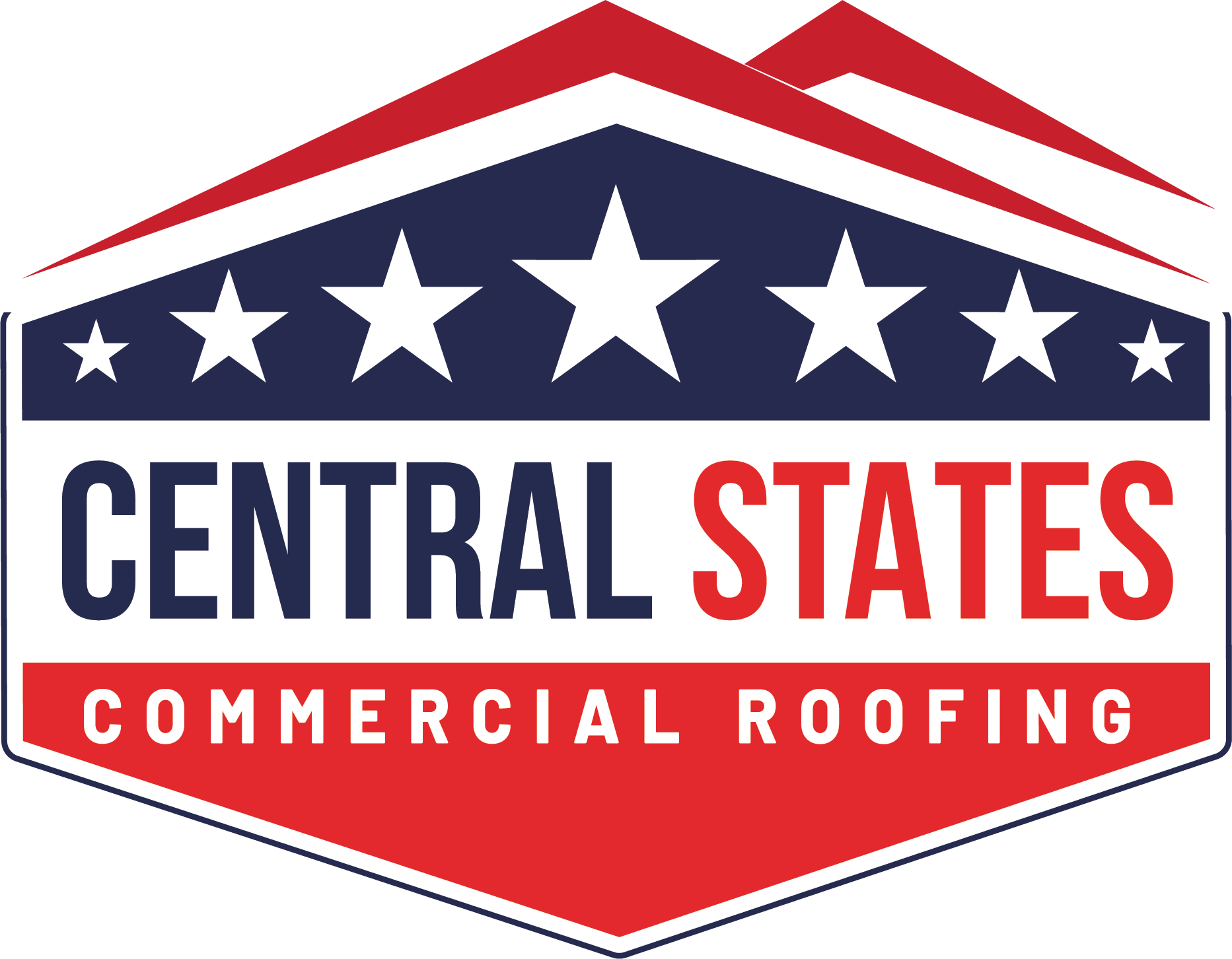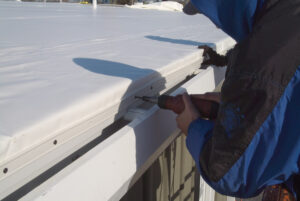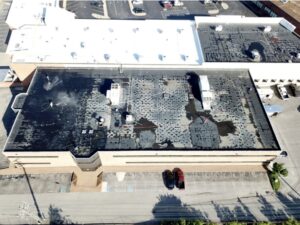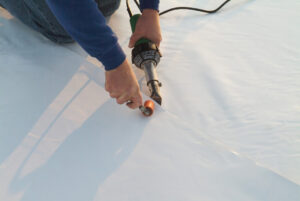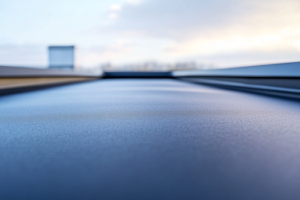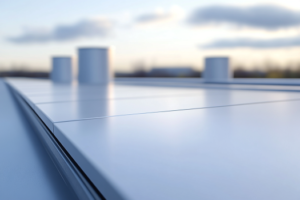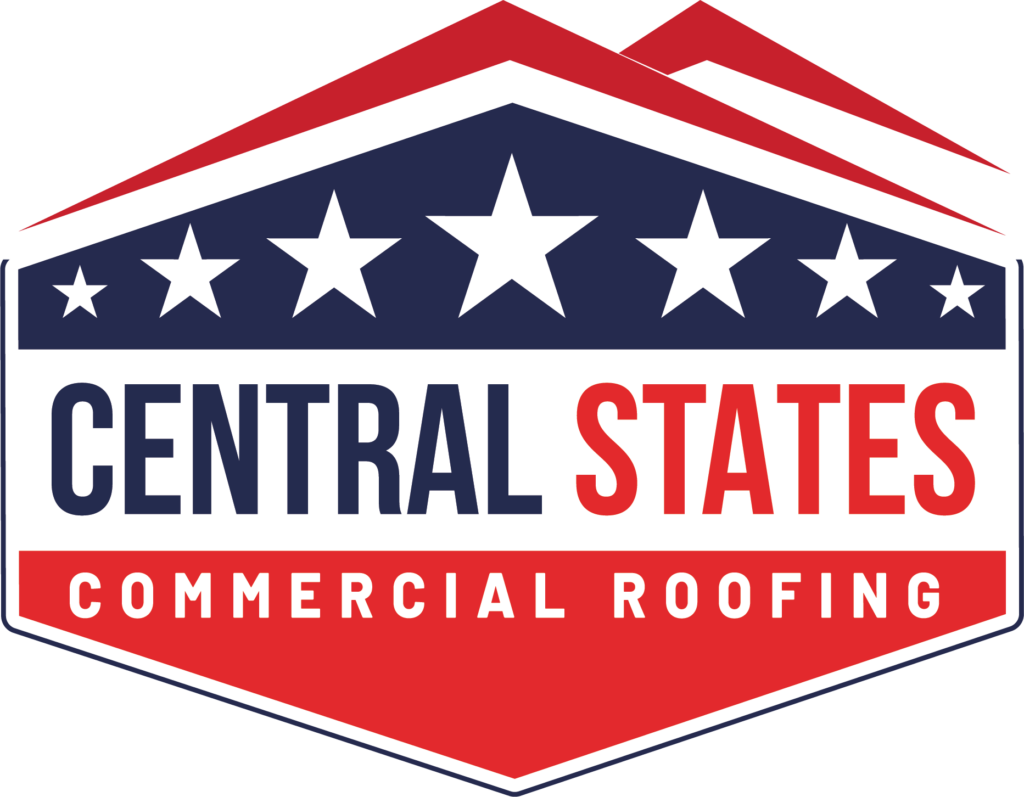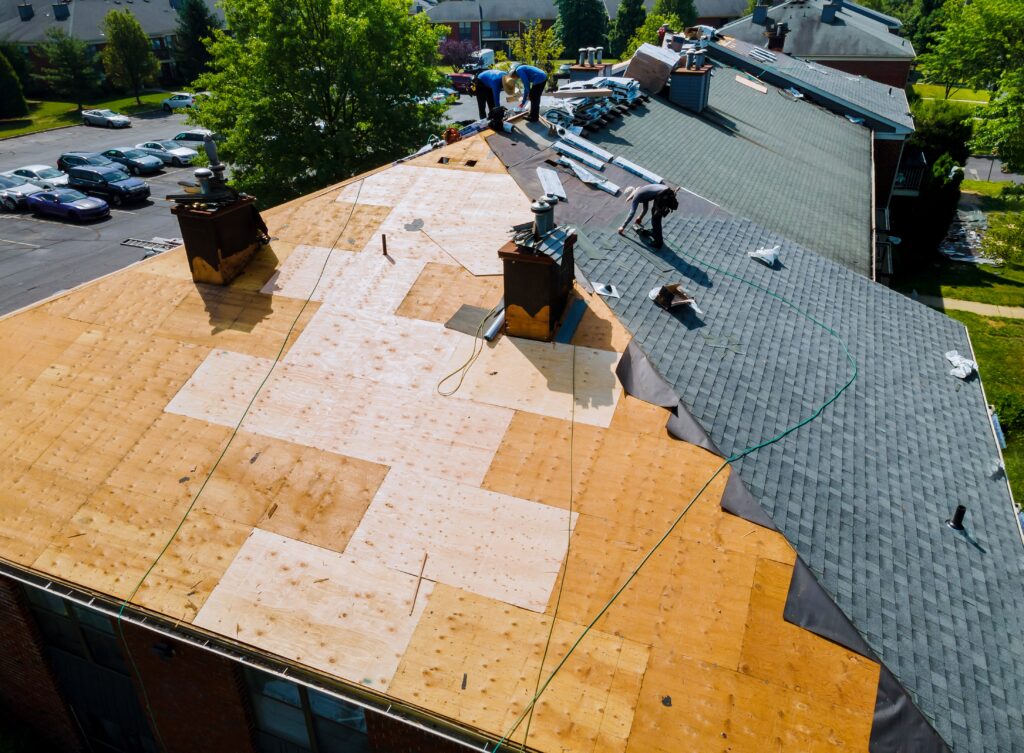
Looking to maintain and extend the life of your commercial roof? Roof coatings provide a practical solution. At Central State Commercial Roofing, we want to ensure you have all the information you need to make an informed decision about roof coating benefits and potential drawbacks. Here, we’ll explore the pros and cons of roof coatings to help you determine if it is the right time to get a roof coating.
What Are Roof Coatings
Roof coatings are an additional layer of protection applied to the surface of an existing roof. They are usually made from materials such as acrylic, silicone, or polyurethane and can be applied to various roofing systems, including metal, asphalt, and single-ply membranes.
Roof Coating Benefits
Roof coating benefits include extending the lifespan of your roof by protecting it from ultraviolet (UV) rays and weather damage. They also improve energy efficiency by reflecting heat, which reduces cooling costs. Additionally, roof coatings can provide a cost-effective alternative to full roof replacements, saving you money on labor and materials.
Extending Your Roof’s Lifespan
One of the primary roof coating benefits is its ability to extend the lifespan of your roof. By adding a protective layer, coatings can shield your roof from the elements, including UV rays, rain, and wind. This can significantly reduce the wear and tear on your roof materials and delay the need for a replacement.
Cost-Effective
Applying a roof coating is generally more affordable than a full roof replacement. It requires less labor and materials, which means an overall lower cost. Additionally, the reflective properties of some coatings can help reduce energy bills by keeping your building cooler in the summer.
Energy Efficiency
Reflective roof coatings can decrease your building’s energy consumption. By reflecting the sun’s rays, these coatings reduce heat absorption, lowering cooling costs and improving the comfort of your building’s interior.
Environmental Benefits
Coatings extend the life of your existing roof, reducing the amount of roofing materials that end up in landfills. Additionally, the energy savings from reflective coatings contribute to a lower carbon footprint for your building.
Potential Drawbacks of Roof Coatings
While there are many benefits, there are also some potential downsides to consider.
Limited Lifespan
Although roof coatings can extend the life of your roof, they are not permanent solutions. Most coatings will need to be reapplied every 5 to 10 years, depending on the type of coating and environmental conditions.
Not Suitable for Severely Damaged Roofs
A coating may be insufficient if your roof has significant damage, such as large leaks, extensive ponding water, or structural issues. More extensive repairs or even a total replacement may be necessary in these cases.
Application Challenges
The application of roof coatings requires a clean and dry surface. If your roof has dirt, debris, or moisture, it could prevent the coating from adhering properly, leading to premature failure. Proper preparation and professional application are crucial to ensure the coating performs as expected.
When Should I Get a Roof Coat?
Determining when should I get a roof coat depends on several factors. If your roof is nearing the end of its expected lifespan but is still in generally good condition, a coating can help prolong its usability. Additionally, a coating might be a suitable preventative measure if you notice signs of minor wear and tear, such as small leaks or surface cracks.
For optimal results, roof coatings should be applied during mild weather conditions. Extreme temperatures or precipitation can affect the coating’s ability to adhere properly. It’s best to schedule this maintenance during the spring or fall when weather conditions are typically more stable.
Choosing the Right Coating
The type of coating you choose can also impact the effectiveness and longevity of the treatment. Here are some common types of roof coatings:
Acrylic Coatings
Acrylic coatings are water-based and provide excellent reflectivity and UV protection. They are ideal for climates with moderate weather conditions.
Silicone Coatings
Silicone coatings are highly durable and resistant to ponding water. They are well-suited for roofs that experience frequent rain or standing water.
Polyurethane Coatings
Polyurethane coatings offer superior impact resistance and are a good choice for areas prone to hail or other types of physical damage.
Central State Commercial Roofing Can Be Your Roofing Specialist
In summary, roof coatings can offer numerous benefits, including cost savings, energy efficiency, and environmental advantages. However, they have their limitations. Understanding the pros and cons of roof coatings and assessing the condition of your roof will help you decide if this is the right solution for your commercial property.
At Central State Commercial Roofing, we specialize in evaluating and applying roof coatings tailored to your specific needs. Our team of experts can provide a thorough inspection and recommend the best course of action to ensure the longevity and performance of your roofing system. Contact us today to learn more about our services and how we can help protect your investment.
